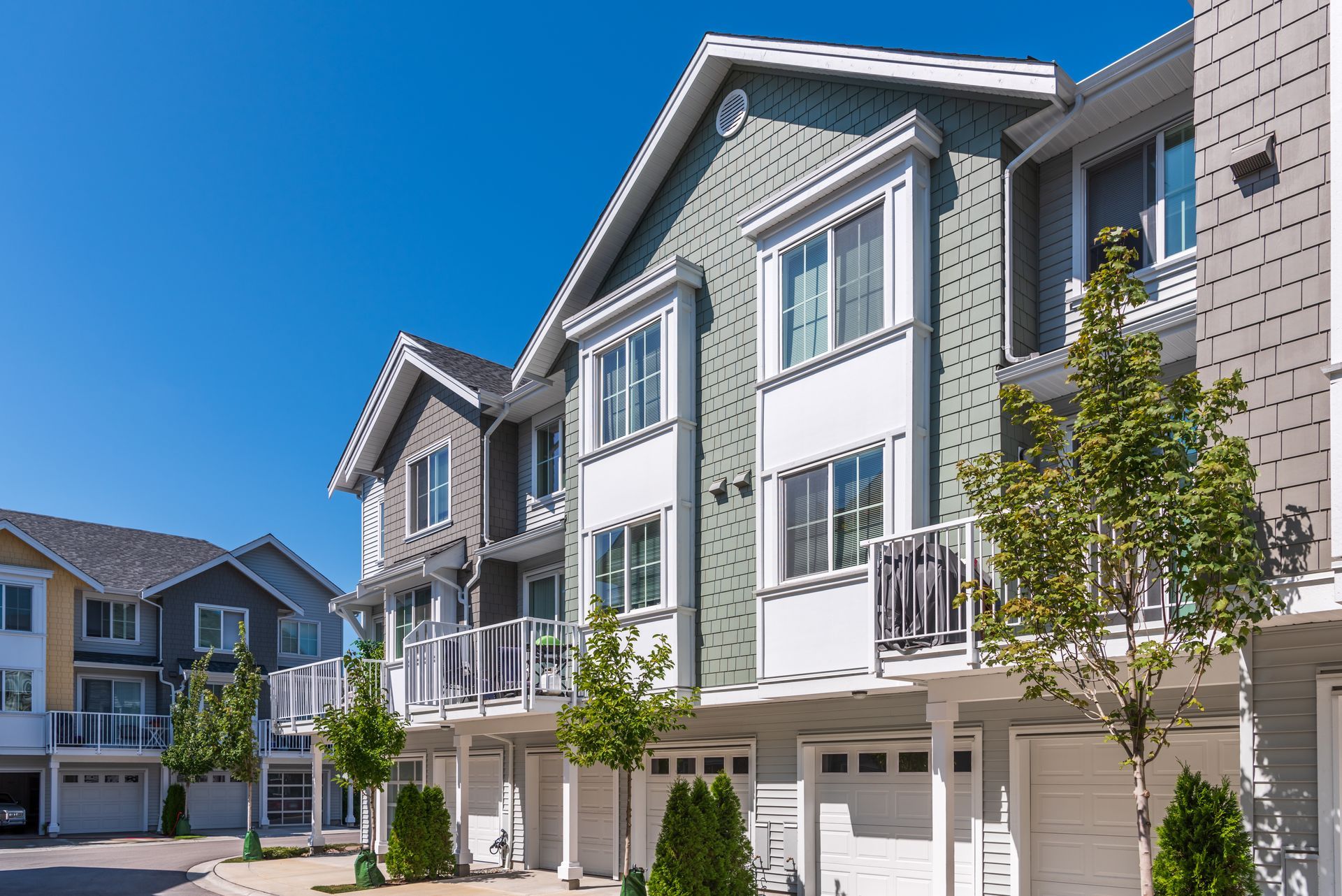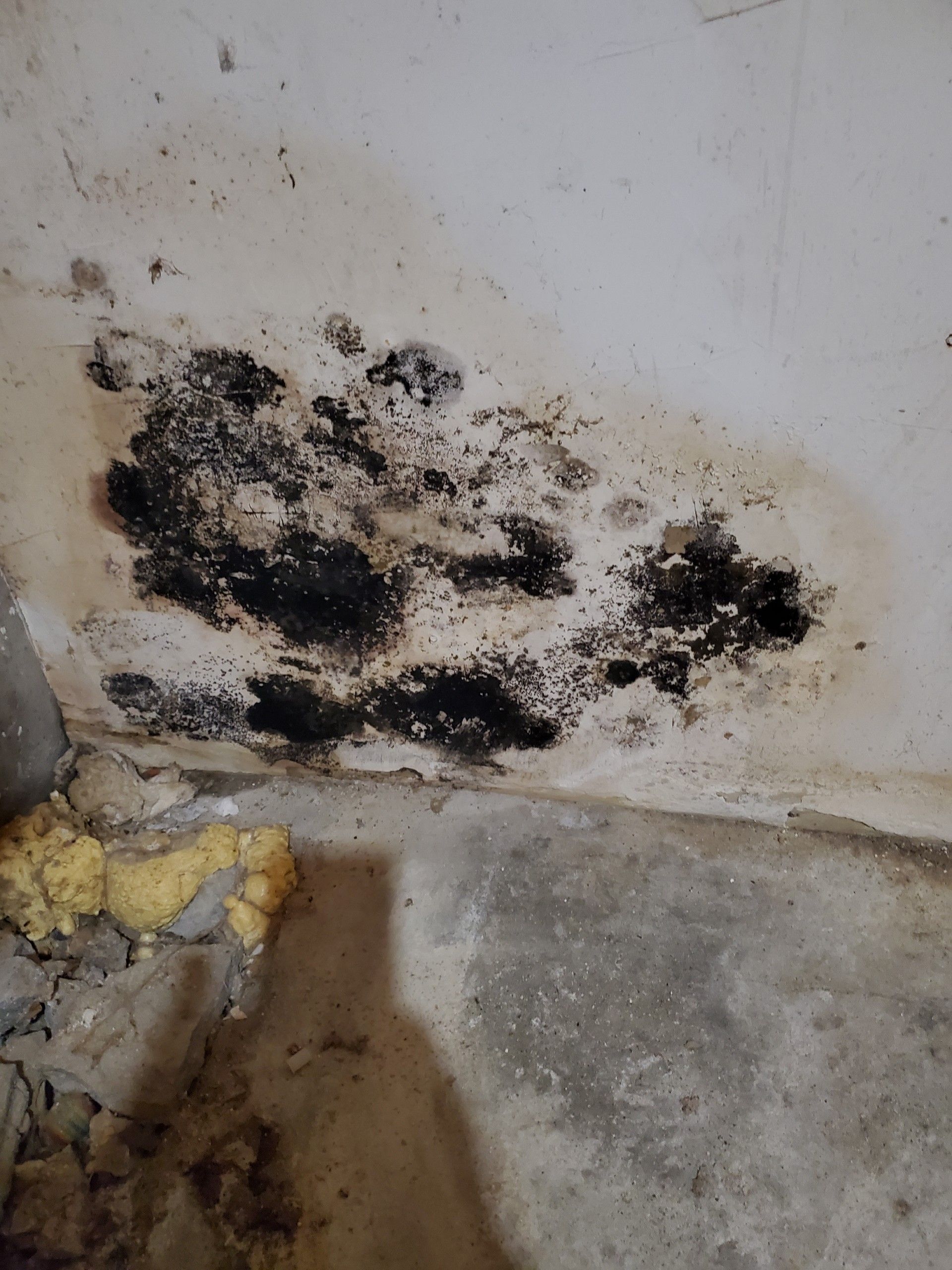Best and Worst Flooring Choices for Wet Spaces
What Flooring Material is Best for Wet Spaces?
When choosing flooring, there are so many factors homeowner takes into account including design, durability, and budget.
A question you may not have thought to ask yourself, however, is how well particular flooring materials hold up to water. For basements, bathrooms, and kitchens - spaces where a lot of water is used and with great frequency - this question is especially important.
Some flooring materials aren’t built to withstand excessive exposure to water and therefore should be avoided in high water usage areas.
If you're in the market for new flooring for your basement, bathroom or kitchen we're here to help inform you on what we consider the best and worst flooring materials for wet areas!
Best Flooring Choices
Porcelain Tile
Porcelain tile is not only beautiful, coming in a wide variety of colors and sizes, but is also long-lasting and water-resistant. Therefore, you don't have to sacrifice elegance in favor of a material that’s suitable for wet areas. You can have both.
In addition, if you want porcelain but like the appearance of stone or wood, you’re in luck, as such varieties of porcelain are, in fact, available.
Be aware though, that porcelain can be rather slippery so consider this, especially if you’ll be using it for an area like the shower. If this is a big concern for you or certain members of your family, slip-resistant porcelain options are available.
Vinyl Tile or Planks
Vinyl is extremely durable and completely watertight. If you’re looking for a cheaper alternative, it’s also reasonably priced and simple to maintain.
You can choose either sheet vinyl or planks, planks being the more expensive choice but also a bit more water resistant. These planks can even be designed to resemble wood or stone, which gives you more room to play with the design of your space.
Vinyl flooring is a beautiful option for any basement, kitchen, laundry room, or bathroom and since it’s waterproof will free you from any worry concerning potential water damage.
Concrete
If laid and maintained correctly, a concrete floor is incredibly robust and resilient. It may even last for the whole time that you own the home. Additionally, it offers an amazing water barrier when it’s properly sealed.
Most people think of concrete solely for utility spaces, but that’s no longer the case.. Compared to the past, there are a lot more options in terms of color and texture, making concrete a viable option for the various living spaces in your home.
Good, But Not as Good
Bamboo
Bamboo is a beautiful flooring material which is water resistant but unfortunately not waterproof. This means it’s probably best not to use in rooms with excessive moisture, like bathrooms, for instance. But in spaces such as hallways with little to no exposure to moisture, bamboo can be a great choice.
Laminate Flooring
Laminate flooring is made up of sheets of wood by-product and rigid fiberboard that are held together with resin. Like bamboo, it’s a water-resistant material but is not completely waterproof. When exposed to water, fiberboard can swell and cause buckling and warping.
Engineered Hardwood
The occasional spill is not a problem for engineered wood, as it’s made of water-resistant plywood. It’s a good option if you want the look of timber flooring in all areas of your home, even your bathrooms. Because it doesn’t expand as much as hardwood, it’s a much better option against water damage.
While engineered wood flooring producers may provide warranties against moisture damage, they often require that spills and splashes be cleaned up right away, as prolonged contact with water does cause problems.
Worst Flooring Choices
Carpet
Installing carpet in a room that sees a lot of water is not a good idea. Carpets soak up any amount of wetness very quickly and are very difficult to dry.
As carpets tend to dry very slowly, mold and mildew are likely to grow, causing a multitude of health issues and great difficulty and expense to get rid of.
In general, avoid installing carpets in damp or even semi-wet regions. Doing so is sure to result in a future of unpleasant odors and hefty maintenance bills.
Solid Hardwood Flooring
This is a controversial flooring material since it is so well loved and its beautiful, but solid hardwood flooring is especially prone to moisture seeping between its planks and can become waterlogged when exposed to water for any period of time.
While it is feasible to restore water-logged hardwood floors, they’ll never be as nice as they were when they were originally installed..
No matter your flooring choices at your home and business, if you experience water damage, Craftech is here to help. If you are experiencing any water damage in the New England area, give us a call!




